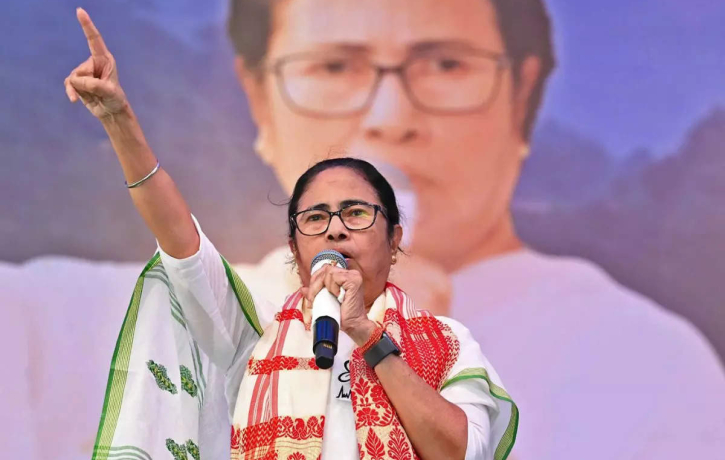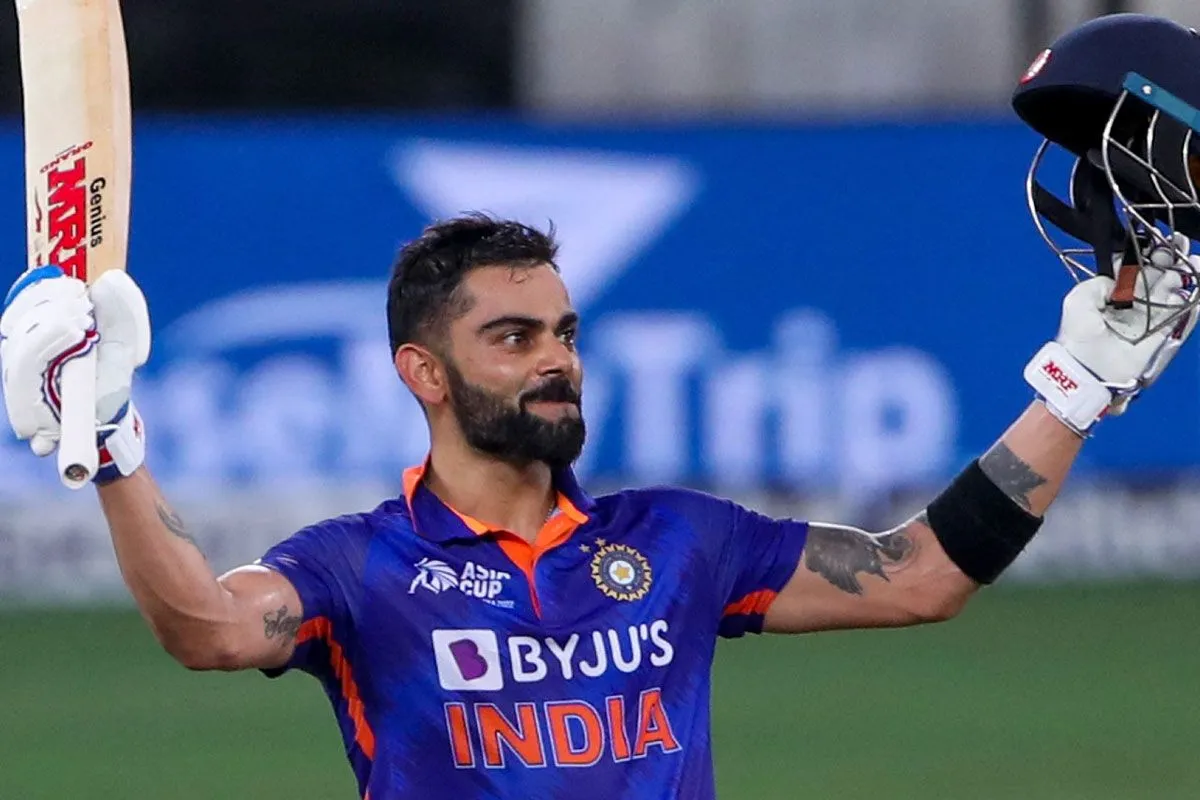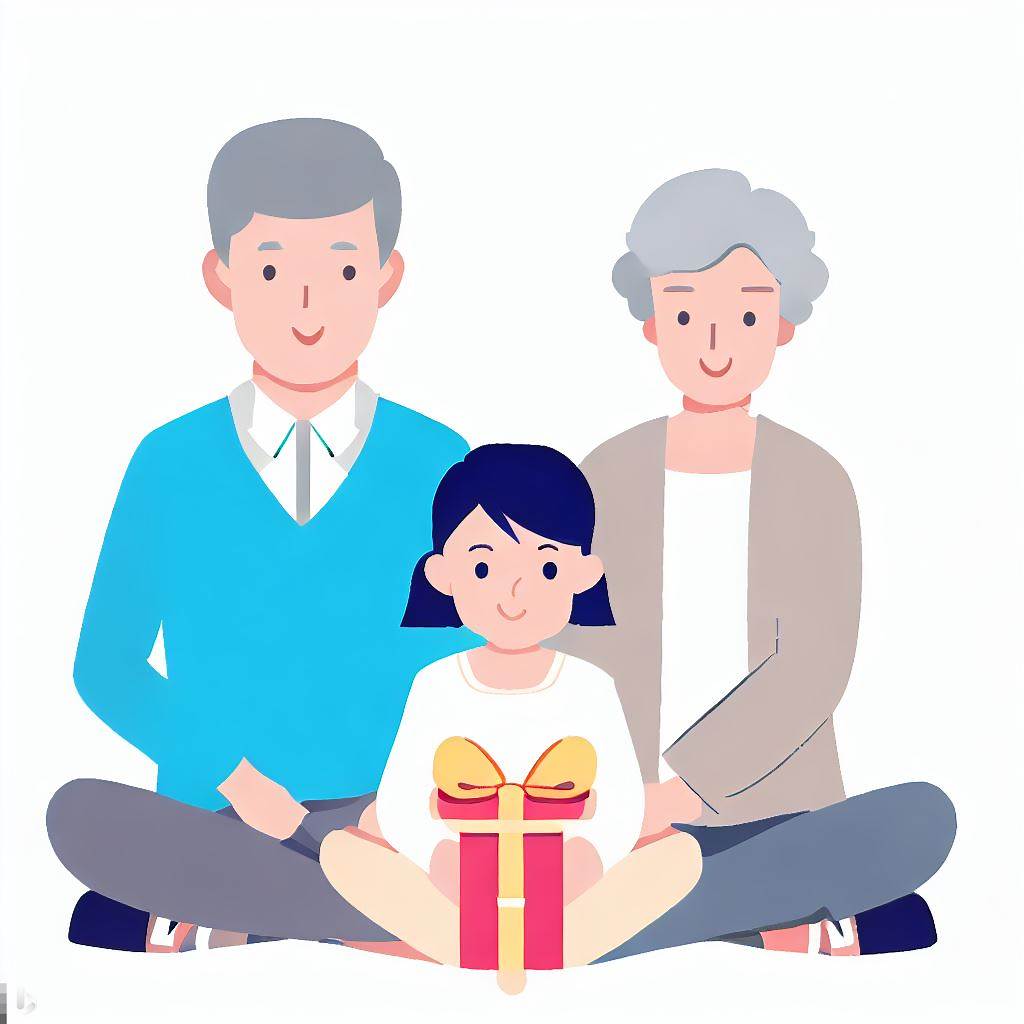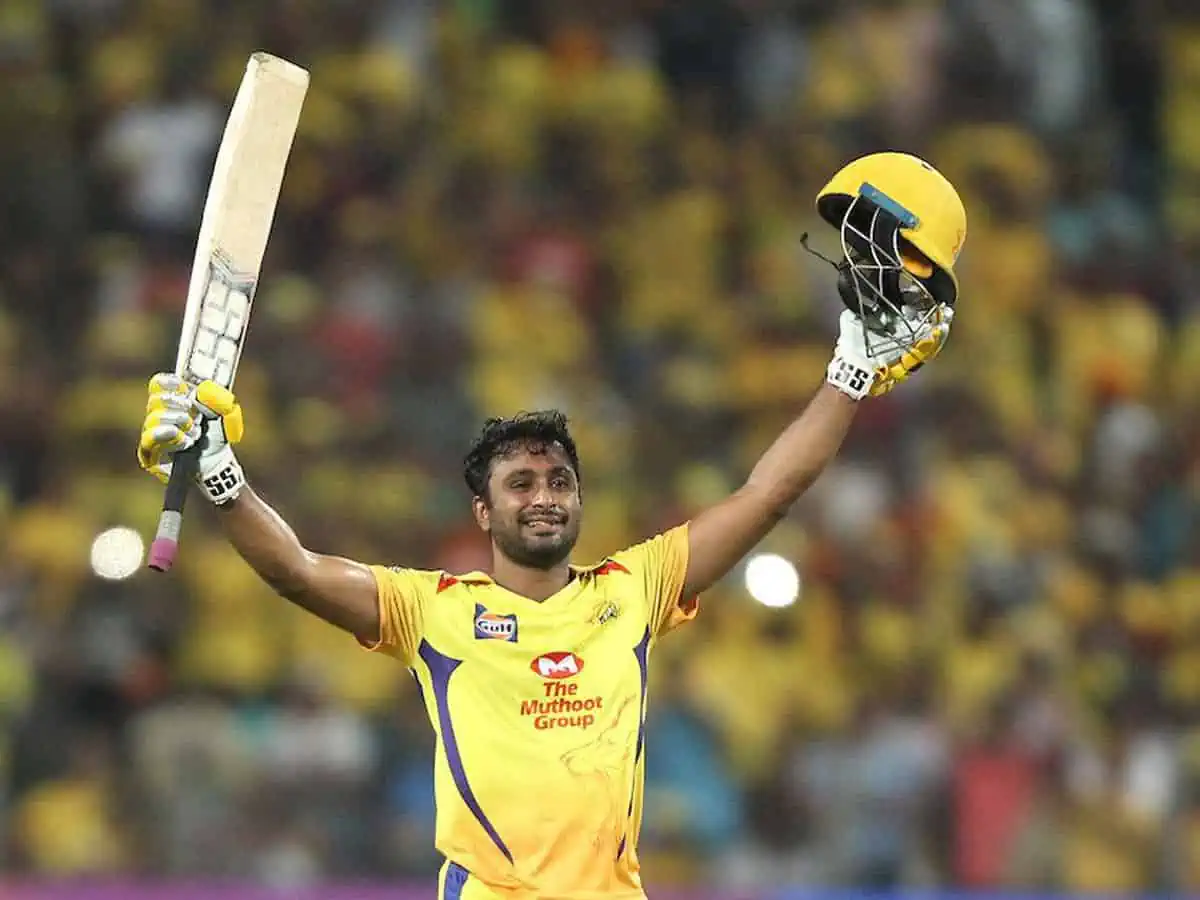Introduction
Mamata Banerjee was born on January 5, 1955 serving as West Bengal‘s first female chief minister since 2011. As the first female Railway Minister and a member of the Union Cabinet, she established the All India Trinamool Congress (TMC) in 1998 and has occupied a number of important roles within the party. She rose to fame in 2011 by leading the TMC to a historic victory that ended 34 years of Communist government in West Bengal and fighting the state’s land acquisition policy. Won election from Bhabanipur again, but lost the Nandigram seat in 2021, holds the distinction of being India’s only female chief minister.
Early life and education
Mamata Banerjee was born into a Bengali Hindu Brahmin family in Kolkata, West Bengal. At seventeen, her father passed away. She obtained degrees in history, Islamic history, education, and law from many Kolkata-based universities after completing her upper secondary schooling in 1970. At the age of 15, Banerjee began her political career by founding Chhatra Parishad Unions in her college. She continued to be involved in politics, holding a number of roles in the Congress (I) Party and in West Bengal.
Early political career
Following her protests against Jayaprakash Narayan in 1975. Mamata Banerjee acquired notoriety and began her political career with the Congress party in the 1970s. In 1984, she was elected to the Indian parliament at a young age. The All India Trinamool Congress (TMC) was founded by her in 1997. Thirty-four years of Communist administration in West Bengal came to an end in 2011 when Banerjee led significant rallies in Singur and Nandigram and served as Railway Minister twice. Having won numerous reelections, she has served as Chief Minister since 2011.
Chief Minister of West Bengal
First term, 2011–16
With the All India Trinamool Congress (TMC) victory in the 2011 West Bengal election. The Communist party’s 34-year hegemony came to an end. On May 20, 2011, Mamata Banerjee was appointed as the first female chief minister. She created the Gorkhaland Territorial Administration and gave 400 acres of land back to Singur farmers. UNICEF commended Banerjee for eliminating open defecation in the Nadia area and for bringing about changes in health and education. Her remarks about rape and the contentious stipends given to imams drew outrage. During her reign, the Saradha Scam resulted in the incarceration of party members, despite her party achieving notable successes like a year without polio.
Second term, 2016–2021
Mamata Banerjee was re-elected as chief minister in 2016 after the All India Trinamool Congress (TMC) won 211 of 293 seats in the election. The United Nations named her Kanyashree initiative the greatest social sector scheme in 2017.
Third term, 2021–present
While AITC made significant gains in the 2021 elections, Banerjee lost Nandigram to the BJP. Nevertheless, her party won 213 seats out of 292, allowing her to serve a third term as chief minister. On November 30, 2021, she became the third-longest serving Chief Minister of West Bengal after introducing popular initiatives like Lakshmir Bhandar.
Personal life
Recognized for her unassuming way of living, Mamata Banerjee keeps friendly relationships with Prime Minister Modi regardless of political affiliation. As one of Time’s 100 Most Influential People, she has received recognition on a global scale for her leadership and artistic abilities. Honorary doctorates from prestigious universities are among. The recognitions that her impact and accomplishments continue to bring. Despite obstacles such as being turned down for licenses to participate in international events.






